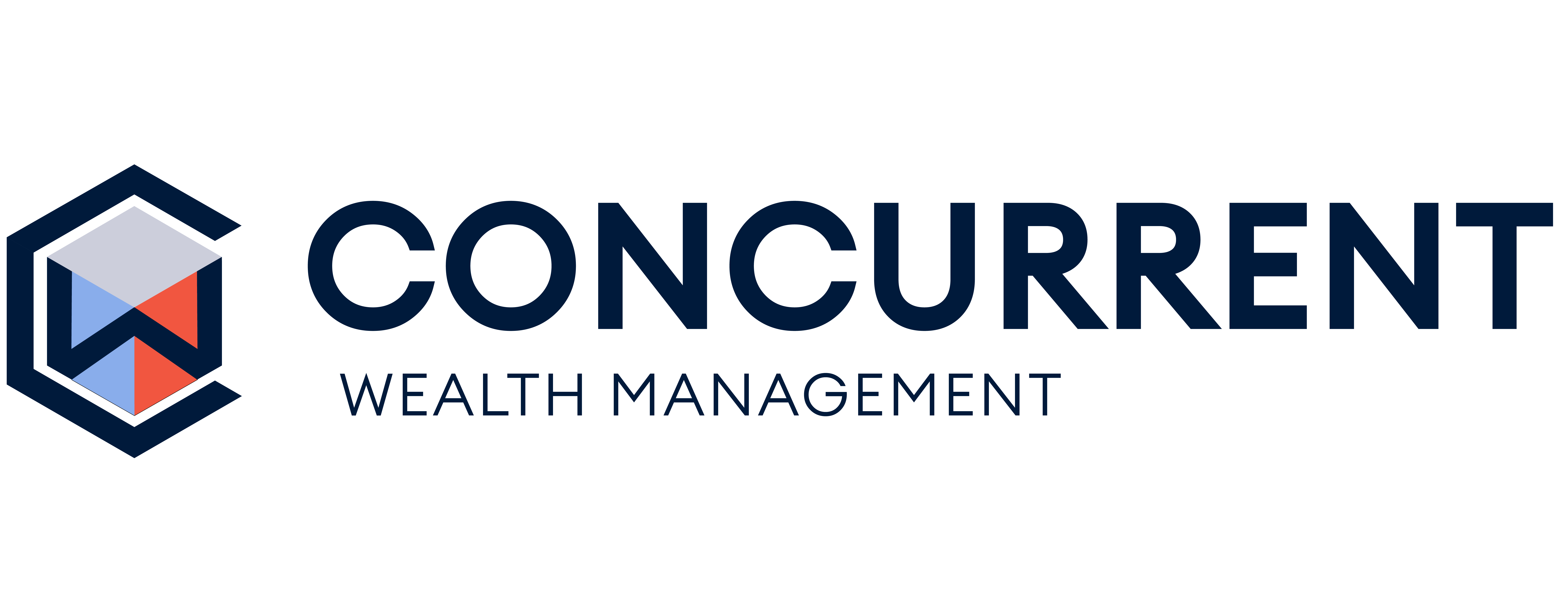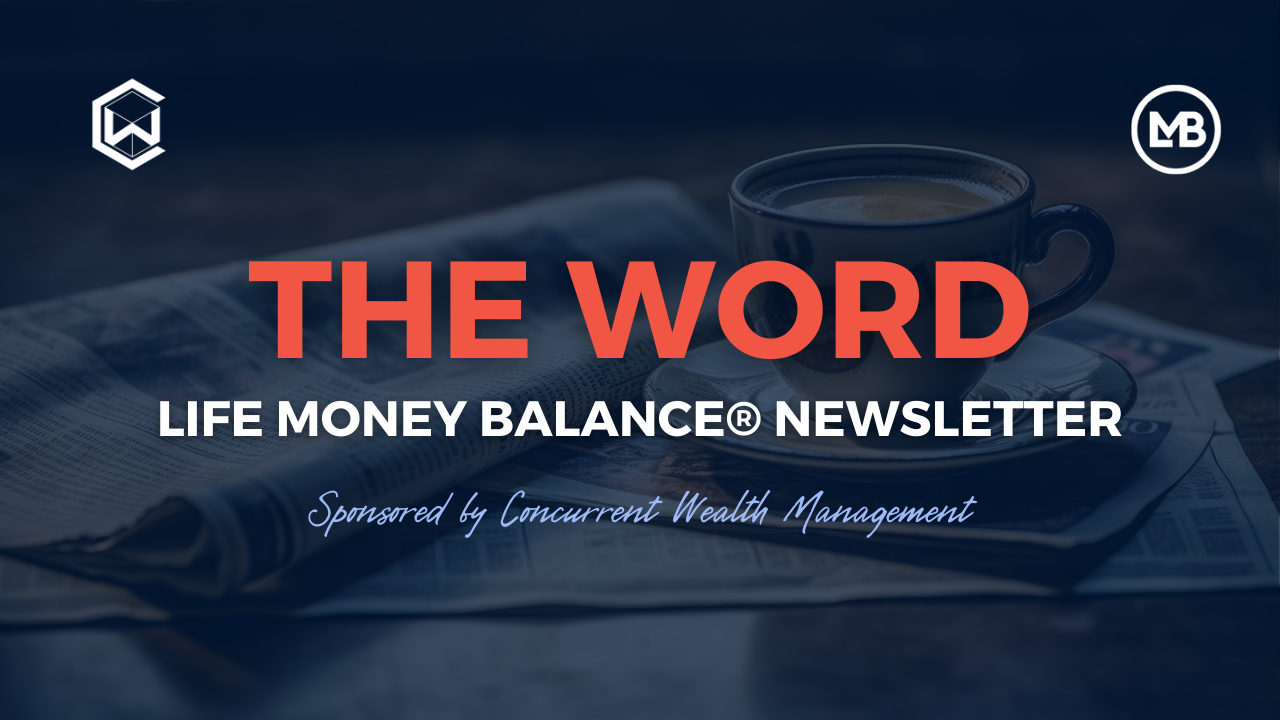Buffett Steps Down, But the Myths Live On
Warren Buffett, often regarded as the most successful investor of all time, announced at the 2025 Berkshire Hathaway Shareholder Meeting that he will step down as CEO by the end of the year. After six decades of shaping modern value investing, his retirement is a turning point. Yet, as accolades pour in, the myths surrounding his success continue—namely that it was driven by frugality and stock picking alone.
The truth is far more complex. And for high-income professionals and families building wealth today, understanding that truth can be liberating. You don’t need to become Buffett to build financial success—you need to apply the principles behind his strategy in a way that fits your life.
Frugality Isn’t a Strategy—It’s a Trait
The idea that Buffett became wealthy because he was frugal is widespread—and misleading. Yes, he lived below his means and favored value over flash. But frugality was a byproduct of discipline, not a driver of wealth.
Wealth is built through cash flow, intentional investing, and sound planning—not skipping coffee or flying coach. Proactive financial planning ensures that your capital works toward your goals, not just toward preservation. And unlike Buffett, most individuals have finite time to accumulate wealth before retirement, which makes planning critical.
Buffett’s Business Model: Cash Flow Is King
Buffett’s wealth wasn’t built on buying stocks—it was built on buying businesses. His primary empire-builder? Insurance. The float generated from policyholder premiums gave Berkshire Hathaway consistent, scalable cash flow to reinvest across decades.
Insurance-based investing strategies offer a powerful lesson: income matters. Just like a business needs steady revenue, your household benefits from reliable income sources, margin for reinvestment, and a strategy for surplus cash. For high-earning professionals, this means aligning bonuses, equity compensation, and other non-salary earnings into an investment plan that scales wealth—not just income.
Buffett’s Time Horizon Mirrors an Endowment
One of Buffett’s most misunderstood advantages is his investment horizon. Unlike individual investors planning for a 30-year retirement, Buffett invests as if Berkshire Hathaway will last forever. This endowment-style mindset allowed him to hold through crashes, buy aggressively during downturns, and let compounding work without liquidity pressure.
In 2025, Buffett reiterated this mindset, saying, “What has happened in the last 30, 45, 100 days is really nothing.” For him, short-term volatility is irrelevant. But for most people—especially those in retirement or preparing for it—sequence of returns risk makes timing a major factor.
Your investment strategy must reflect your real-life runway. A 45-year-old planning for retirement in 20 years needs a different allocation than a perpetual trust or corporate portfolio.
Risk Tolerance vs. Risk Capacity
Buffett famously said, “Risk comes from not knowing what you’re doing.” He had nearly unlimited risk capacity—access to capital, diversified income, and deep market insight. Most individuals don’t.
Understanding the difference between risk tolerance (how much volatility you can emotionally handle) and risk capacity (how much volatility your plan can afford) is essential. A proper retirement plan aligns investment choices with your income needs, time frame, and lifestyle—not just your preferences.
Holding Cash Is Not Weakness—It’s Strategy
Berkshire’s $347.68 billion in cash reserves raised eyebrows, but it aligns with Buffett’s long-standing philosophy: be ready. Holding cash isn’t about fear—it’s about optionality. In 2008, Buffett invested in Goldman Sachs during peak fear. In 2020, during COVID market shocks, he stayed steady while others panicked.
High-income households often hesitate to “sit on cash.” But liquidity is a tool, not a trap. Having cash in uncertain markets gives you the ability to make strategic moves, handle emergencies, or rebalance without selling assets at a loss.
In financial planning, cash isn’t just savings—it’s a buffer, a reserve, and sometimes the dry powder that unlocks opportunity.
Applying Buffett’s Wisdom—Not His Methods
Warren Buffett’s legacy offers lessons. But your financial life is not Berkshire Hathaway. You don’t have unlimited time, you’re not running a cash-flow machine like GEICO, and your retirement depends on more than dividend-paying blue chips.
The takeaway? Focus on your fundamentals:
- Build a plan that aligns with your goals, income, and desired lifestyle
- Hold strategic cash without guilt
- Accept that frugality alone won’t generate wealth—intention and structure will
- Diversify beyond stocks into insurance, tax planning, estate strategy, and real assets
- Don’t delay getting help—Buffett built an empire with teams, advisors, and specialists. You can too.
Key Takeaways
- You are not Buffett—and that’s okay. Your financial life doesn’t need to mirror an endowment to succeed.
- Cash flow, not just stock picking, built Berkshire. Insurance income and reinvestment strategy fueled his empire.
- A proper plan beats perfect timing. Your goals require strategy, risk alignment, and flexibility—not hero investing.
Schedule a Complimentary Planning Conversation
If you’re ready to build a plan that fits your life—and not just follow headlines—let’s talk. At Concurrent Wealth Management, we help high-income professionals align their money with their purpose through strategic planning, investing, and wealth integration.
Schedule your complimentary good-fit meeting today: Schedule Now
References
- CNBC. (2025, May 4). Buffett to step down as CEO of Berkshire Hathaway.
- Fidelity Investments. (2024). Understanding risk tolerance and risk capacity.
- Morningstar. (2024). The difference between risk tolerance and risk capacity.
- SmartAsset. (2023). What is insurance investing?
- Financial Samurai. (2023). How most millionaires are made—and why frugality is not the full story.





